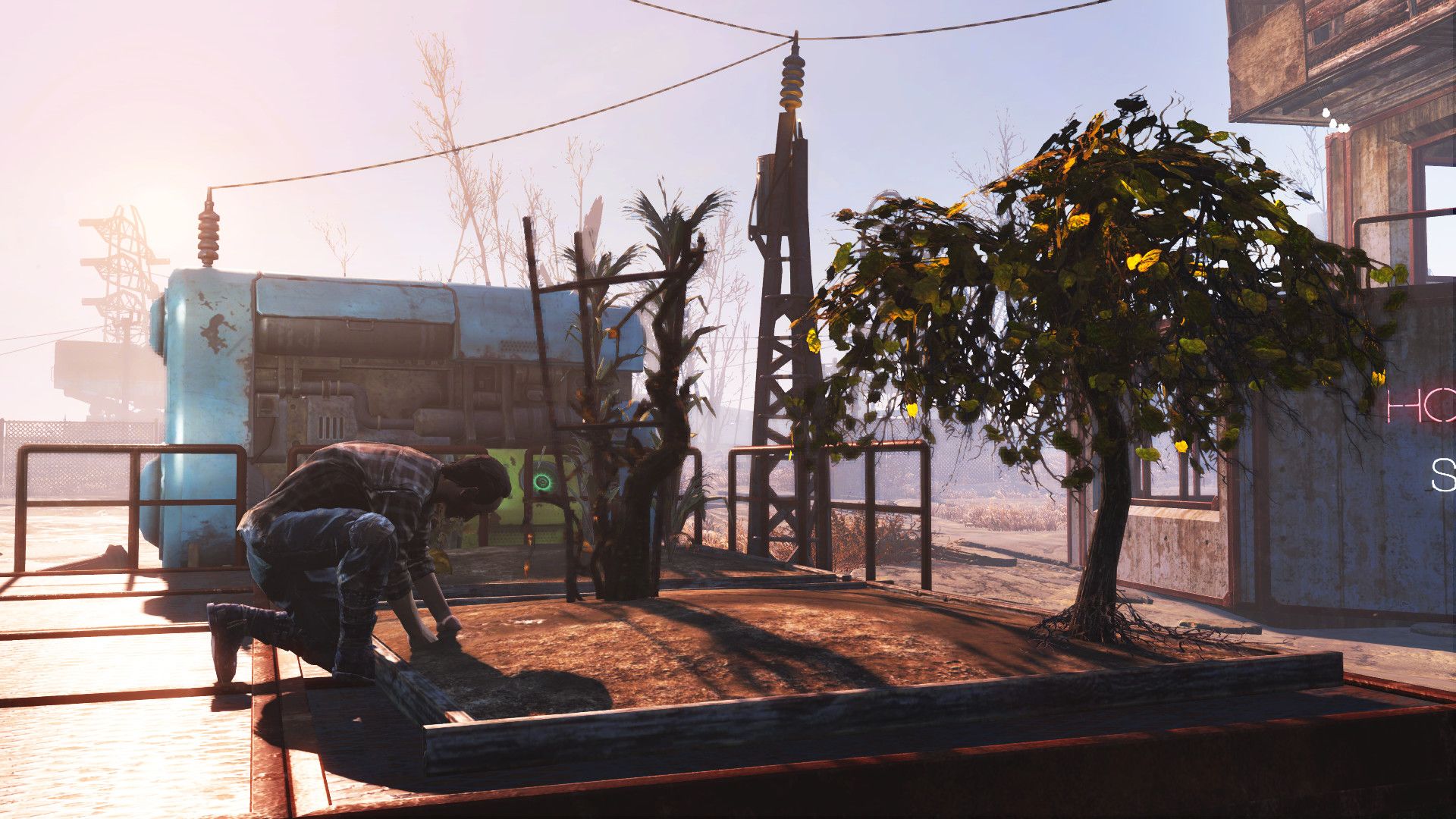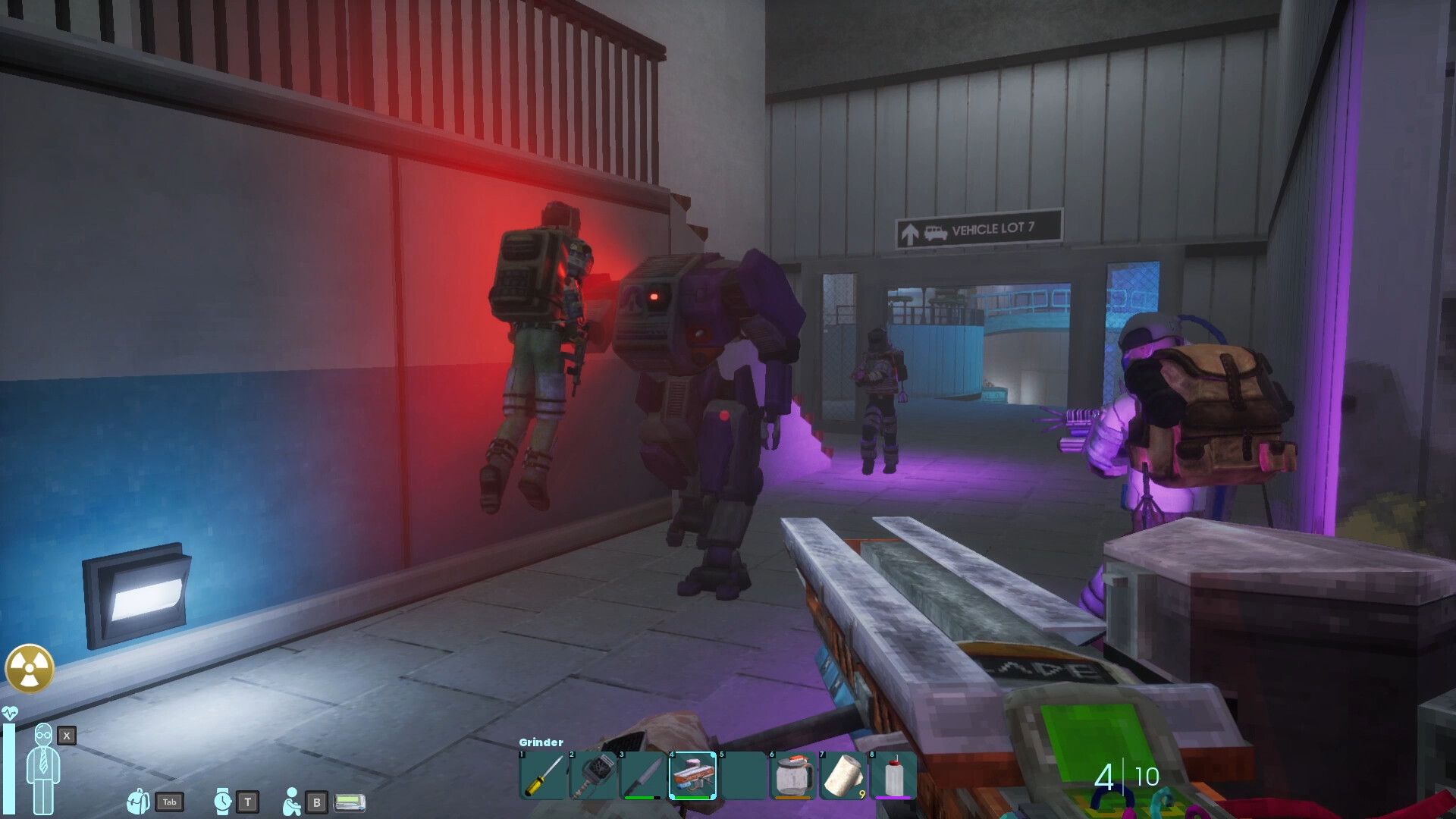I Love Survival Crafting Games, but I Can’t Bring Myself to Play Another

I won’t appoint myself survival crafting’s number one fan, but I’ve been playing all kinds of games in the genre for years, so I think I’m qualified to weigh in on it. Despite what you might think after reading what I’m about to say, I’ve had a lot of fun with survival crafting games.
The problem is, after spending so much time with the genre, I’ve realized that the same elements that give it its identity have also worn me down. At this point, I’ve had my fill.
Some of My Favorite Games Are Survival Crafters
I genuinely feel conflicted writing this, because some of my best gaming memories come from titles in the survival crafting genre. Everyone’s heard of Minecraft, the best-selling video game of all time, and the game that helped shape and popularize the blend of survival and crafting as we know it today. Like so many others, I was enamored. A virtually infinite world, procedurally-generated and completely unique—never explored by anyone else. The freedom was unmatched, made even better by the ability to build and create anything through its intuitive crafting system. And when played in Survival mode, it took on a tense, almost horror-like quality once night fell.
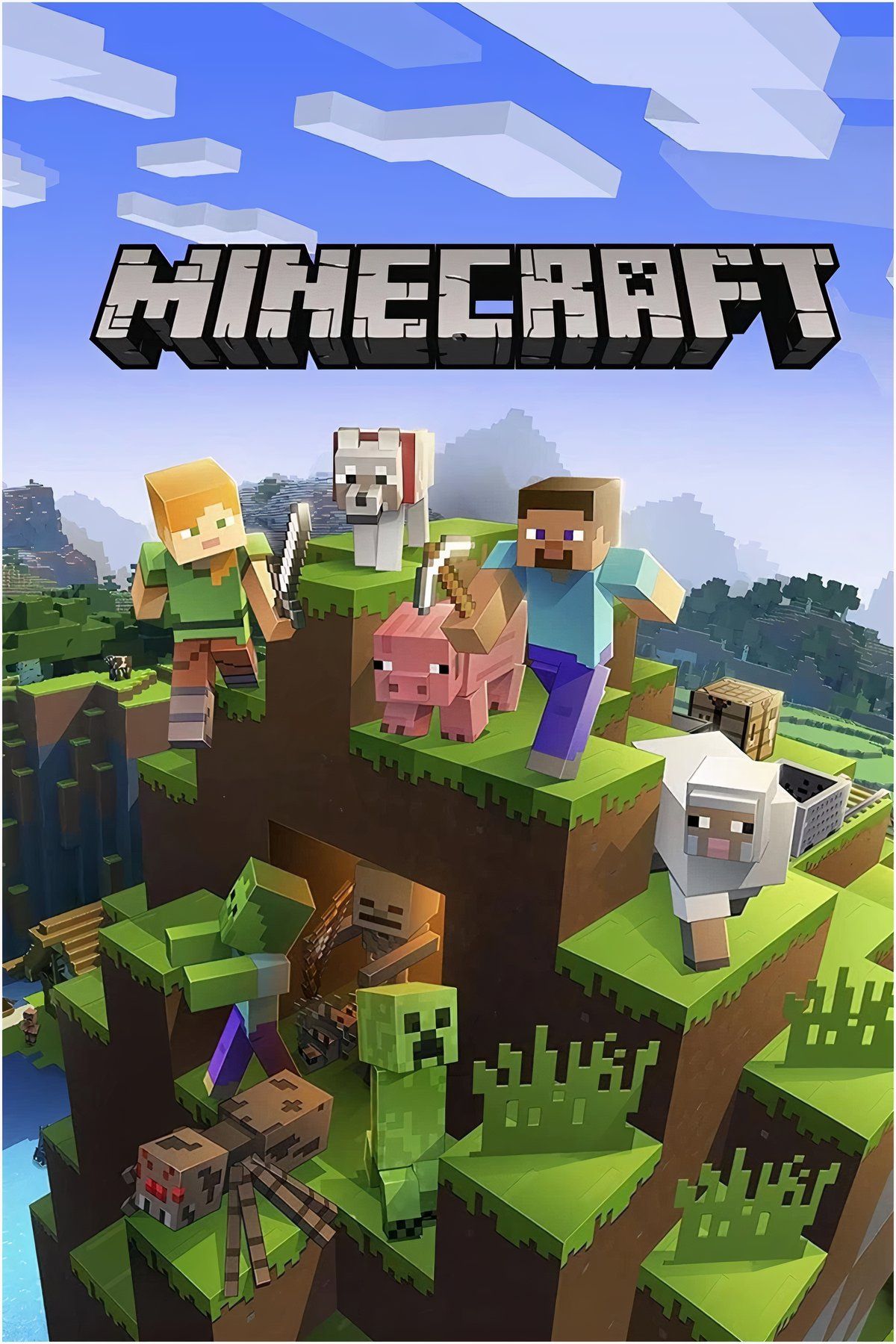
Minecraft
- Released
-
November 18, 2011
- ESRB
-
E10+ For Everyone 10+ Due To Fantasy Violence
- Developer(s)
-
Mojang
- Publisher(s)
-
Mojang
The genre exploded from there, and over the years, other survival crafting games have stolen my heart too, including Valheim, The Forest, and even lesser-known gems like Abiotic Factor. These games gave me unforgettable moments: exploring the intricate caves of The Forest in blinding darkness, with only the shrieks of cannibals to guide me, or narrowly surviving my first troll encounter in Valheim.
But before I get too caught up in this trip down memory lane, let me explain how, despite everything I love about the genre, certain mechanics that define it have slowly pushed me away.
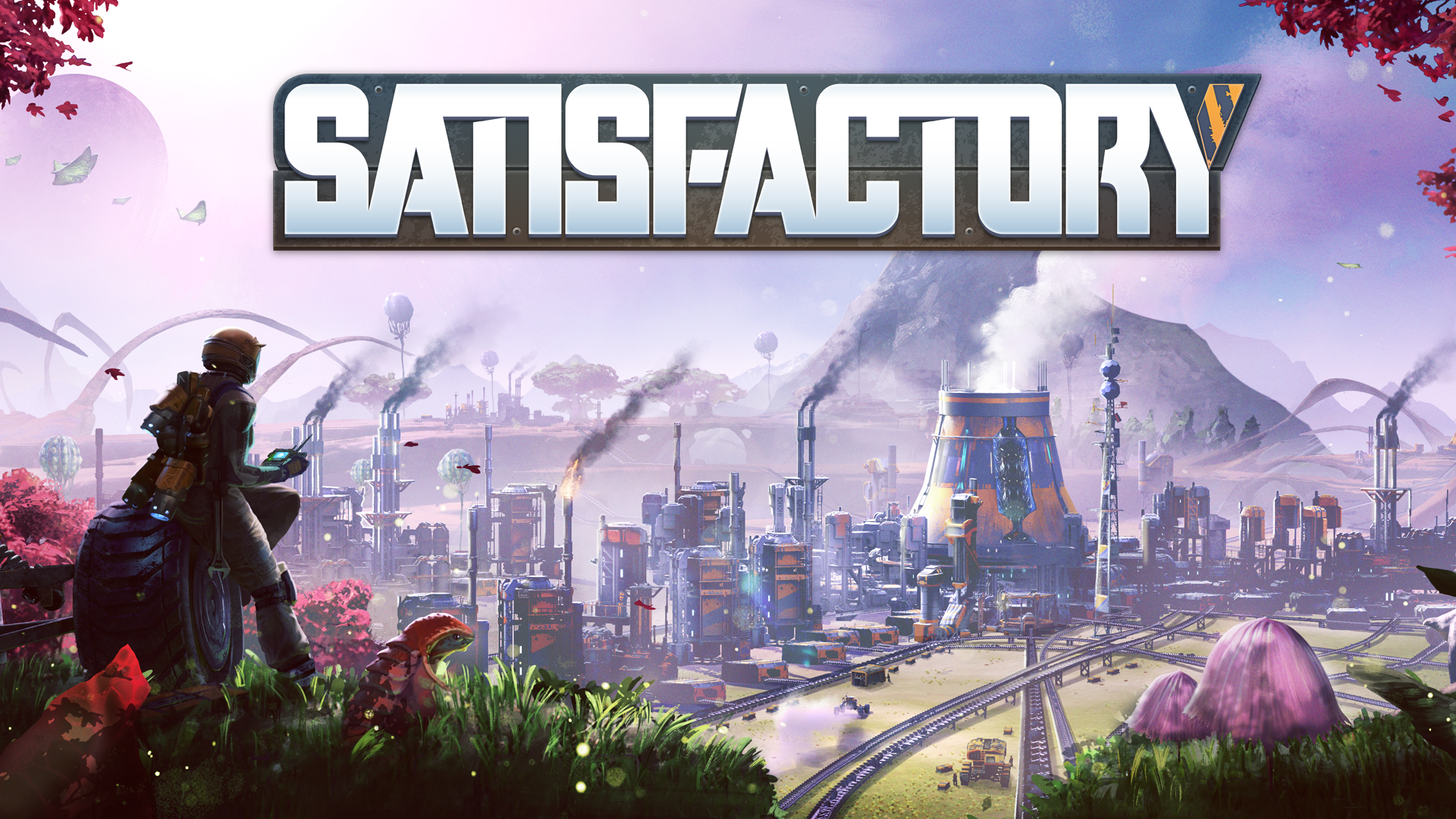
Related
As a Massive Minecraft Fan, I’m Obsessed With This Crafting Game
Minecraft never let me automate like this.
I Don’t Want to Eat, Drink, and Sleep in My Games Too
The more I played survival crafting games, the more their mechanics shifted from novel to tedious.
“That place looks interesting. I want to go explore it! Oh wait—I need to cook something to eat first. And now my character’s exhausted…”
Micromanaging hunger, thirst, and sleep might be a core trait of survival games, but I absolutely hate it. It’s already a chore in real life; I don’t want to do it in games too. Some games implement these systems lightly, and they’re manageable. But the more ruthless versions turn everything into a grind. Add in strict carrying limits and scarce resources, and it becomes more work than play.
One game that really soured me on this was DESOLATE. The concept drew me in: a creepy, first-person horror survival game you could play with friends. But the survival mechanics completely overwhelmed everything else. Hunger, thirst, cold, stress, and health all constantly deteriorate, and the resources to manage them are painfully limited. When you finally do find food, it barely helps. You end up needing to carry what feels like a refrigerator’s worth of supplies just to stay alive, and with inventory space so limited, you’re constantly trekking back to town just to unload and restock, spending more time on logistics than actually playing the game.
You might’ve noticed that none of the memorable moments I mentioned earlier had anything to do with eating, drinking, or resting. Sure, survival mechanics can add immersion, but for me, they rarely add fun.
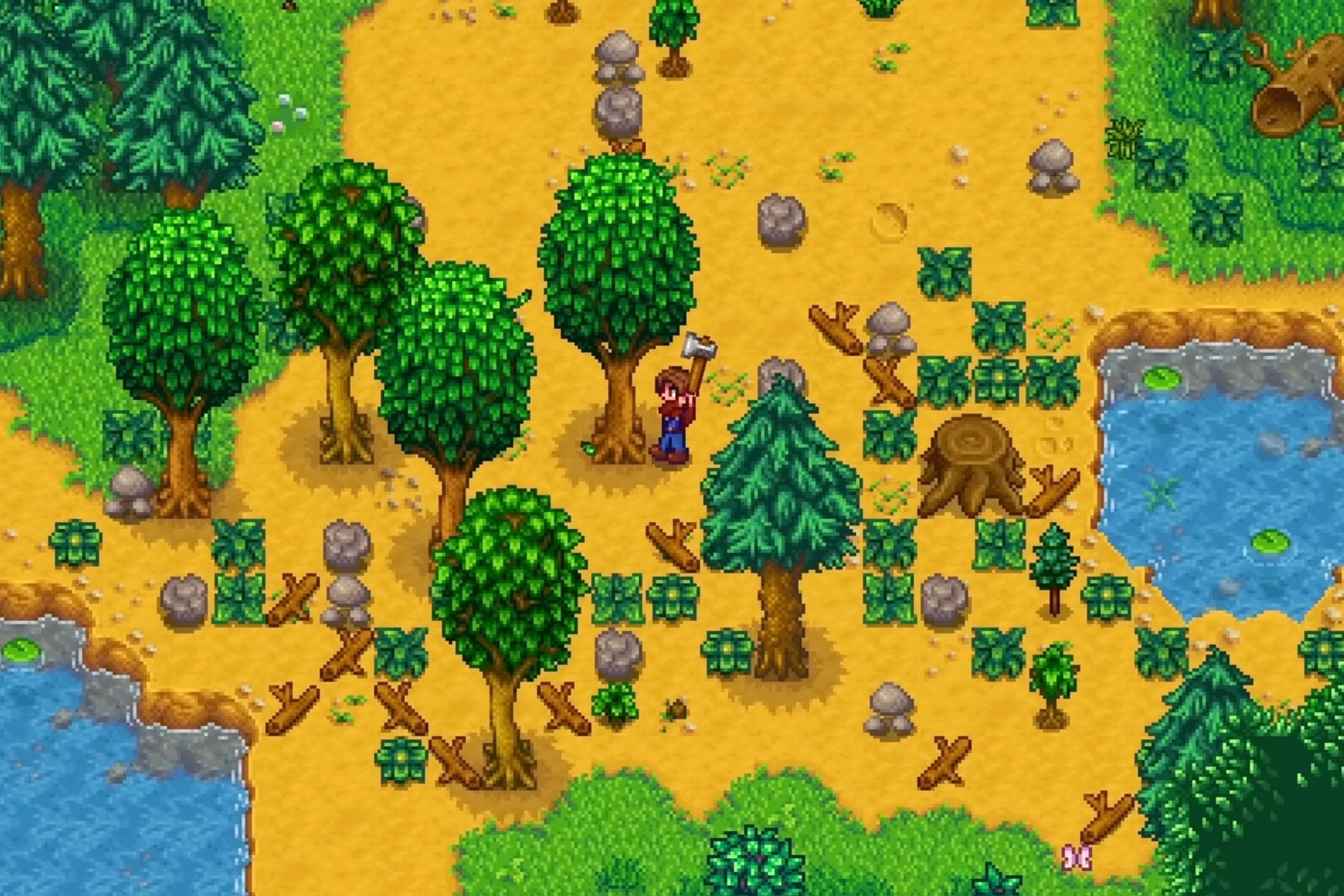
Related
Nobody Likes Doing Chores Until They’re in a Video Game
Take some time out of your busy life to do some virtual labor.
Frustration by Design
I like to go into games blind and discover things on my own, but that’s nearly impossible in some of the more hardcore survival crafting titles like Don’t Starve, Green Hell, or Project Zomboid. If you can make real progress in these games without a wiki or a veteran friend to guide you, I’d be seriously impressed—but I doubt most players have the time or patience for that. To get anywhere meaningful, you’re either reading pages of information or committing to tortuous trial and error.
I’ve played all three of those games, and they rank among the most frustrating gaming experiences I’ve ever had. They throw you in with little to no instruction and expect you to figure everything out on your own. That’s how I ended up stepping on broken glass and bleeding out in Project Zomboid, or dying to a venomous spider I never even saw in Green Hell. If you don’t already know what you need to survive—like where to find bandages or how to craft antivenom—minor afflictions quickly spiral into premature deaths.
I get that there’s an audience for this kind of unforgiving experience. But between how difficult these games are to learn and how punishing they remain even after you do, I’m extremely hesitant to commit to anything new if I know it leans heavily on survival crafting mechanics.
Just Because You Can, Doesn’t Mean You Should
Combining survival and crafting mechanics in a game requires careful precision, and unfortunately, not every entry in the genre gets it right. It’s even worse when those systems feel shoehorned in. Not every game needs to include survival or crafting mechanics simply because it’s trendy.
I’m a big fan of the Fallout series. I completed everything in Fallout 3 and was just as eager to do the same in Fallout 4 when it launched. But my enthusiasm took a hit the moment I ran into its convoluted crafting and settlement-building systems.
For me, the appeal of Fallout lies in its vast open world filled with intriguing locations, characters, and storylines. It’s an open-world RPG—it didn’t need survival crafting mechanics. And not only were they unnecessary, they felt distracting. Instead of immersing myself in the Wasteland, I was suddenly expected to build up settlements and scavenge scrap to modify equipment. I know some players enjoy that added layer, but personally, I felt it pulled focus from what Fallout does best and buried it under busywork.
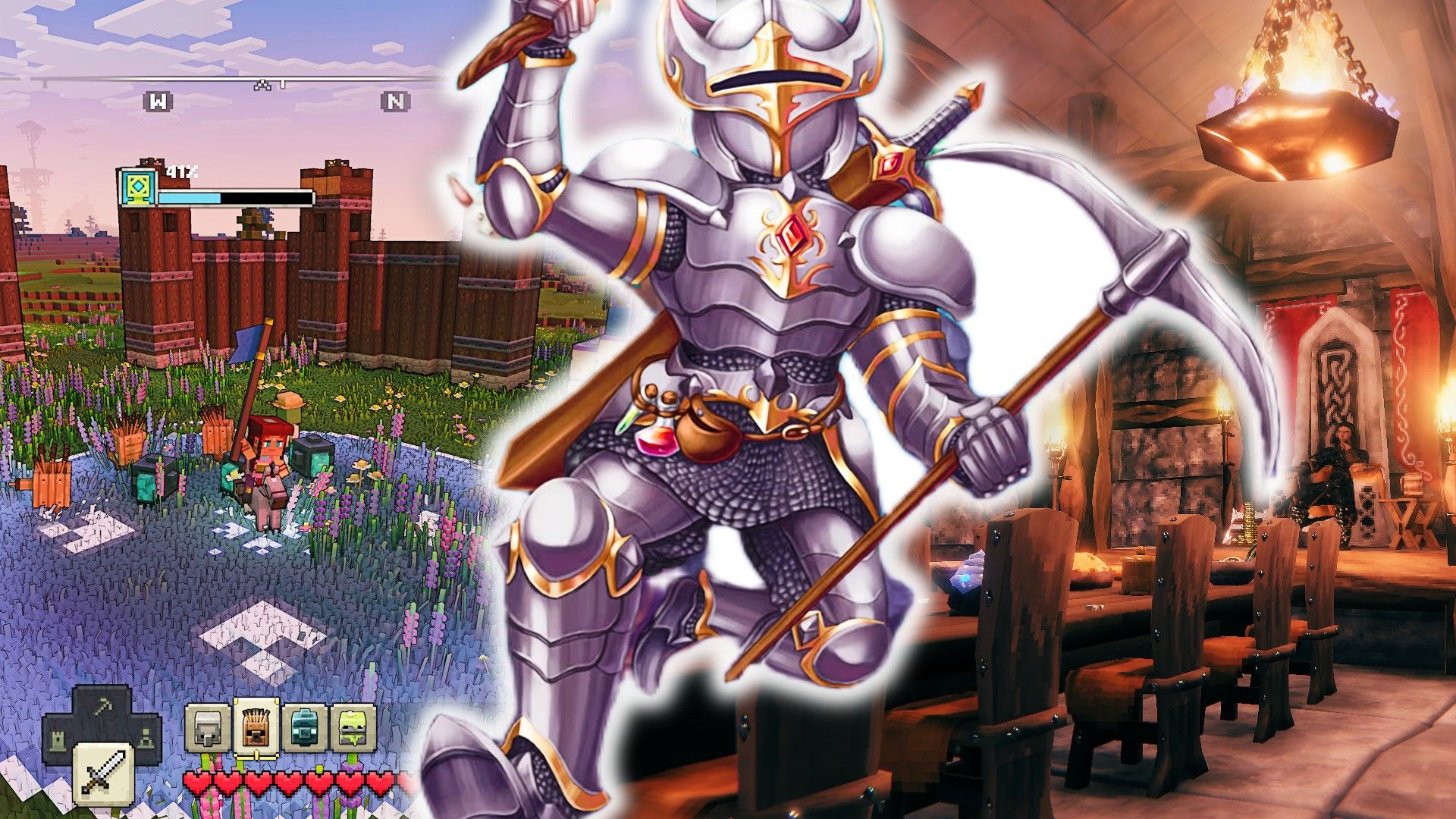
Related
Obsessed With Base-Building? Play These 10 Games
Home is where the base is.
The More Friends You Add, the More Stress You Get
The last point I’ll make is about what happens when you’re the one carrying the weight of experience in a survival crafting group. You become the provider. Not only do you have to manage your own hunger, thirst, and gear, you’re also responsible for making sure everyone else is prepared.
Many of these games support large groups, but coordinating anything outside the base becomes a nightmare when you’re the one keeping the team afloat. If your less experienced friends aren’t properly stocked, you either have to cut your adventure short to resupply, or worse, watch them drop one by one before you even reach your destination. What was supposed to be a relaxing gaming session turns into a stressful babysitting shift.
I acknowledge that this is a hot take. Survival crafting games are incredibly popular, so obviously, they resonate with a lot of players. And like I said in the beginning, I’ve played more than my fair share—some of them even cemented themselves among my all-time favorites.
The charm has worn off, though. These days, whenever I see the survival crafting tag on a game, all I can think about are the tedious mechanics, the trial-and-error learning curve, and the exhausting upkeep. No matter how promising the rest of the game looks, I can’t seem to bring myself to play another.
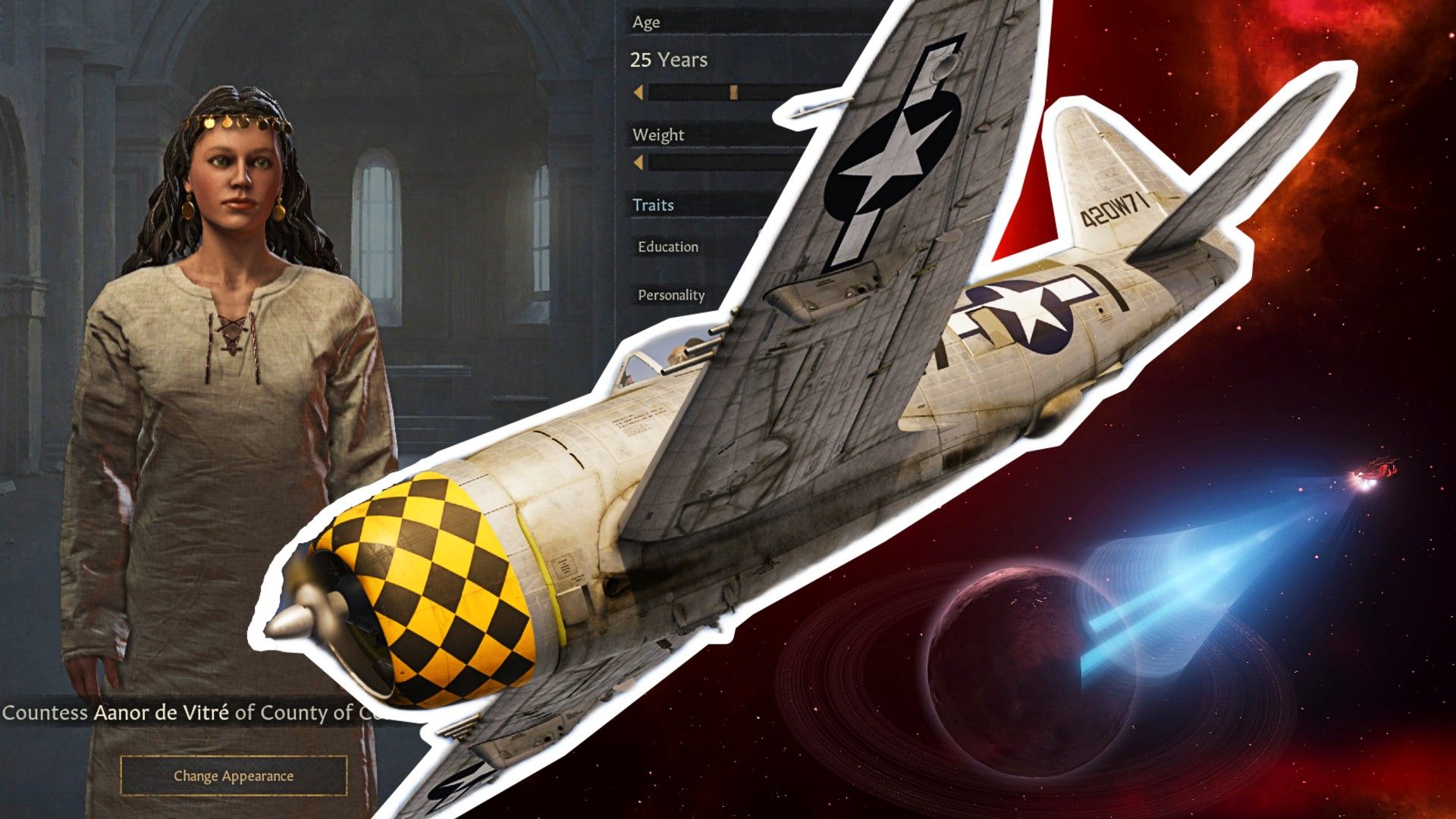
Related
12 Complex Games That Reward Clever Players
You don’t need a degree to play these games, but it would probably help.

